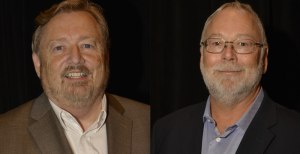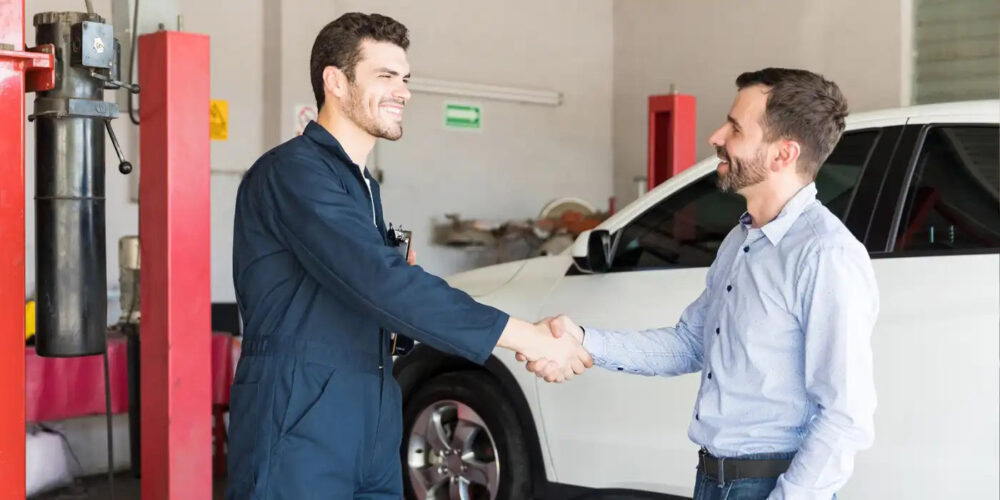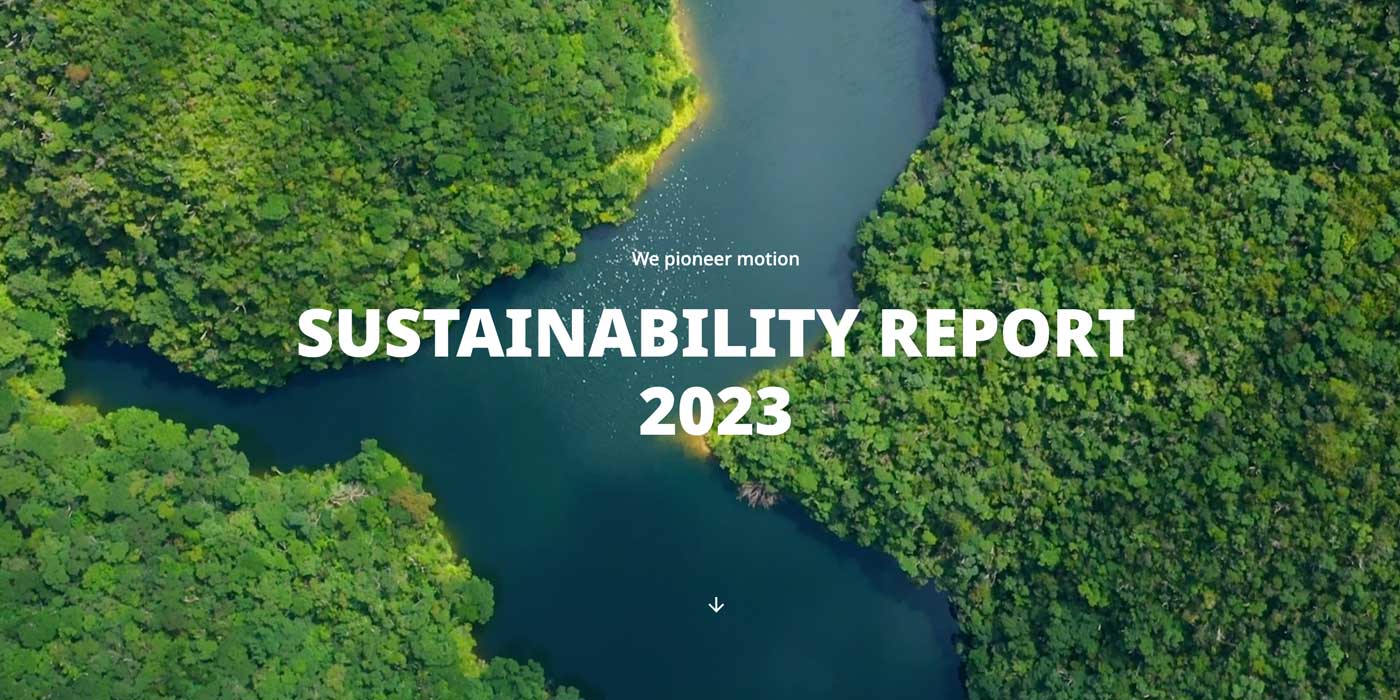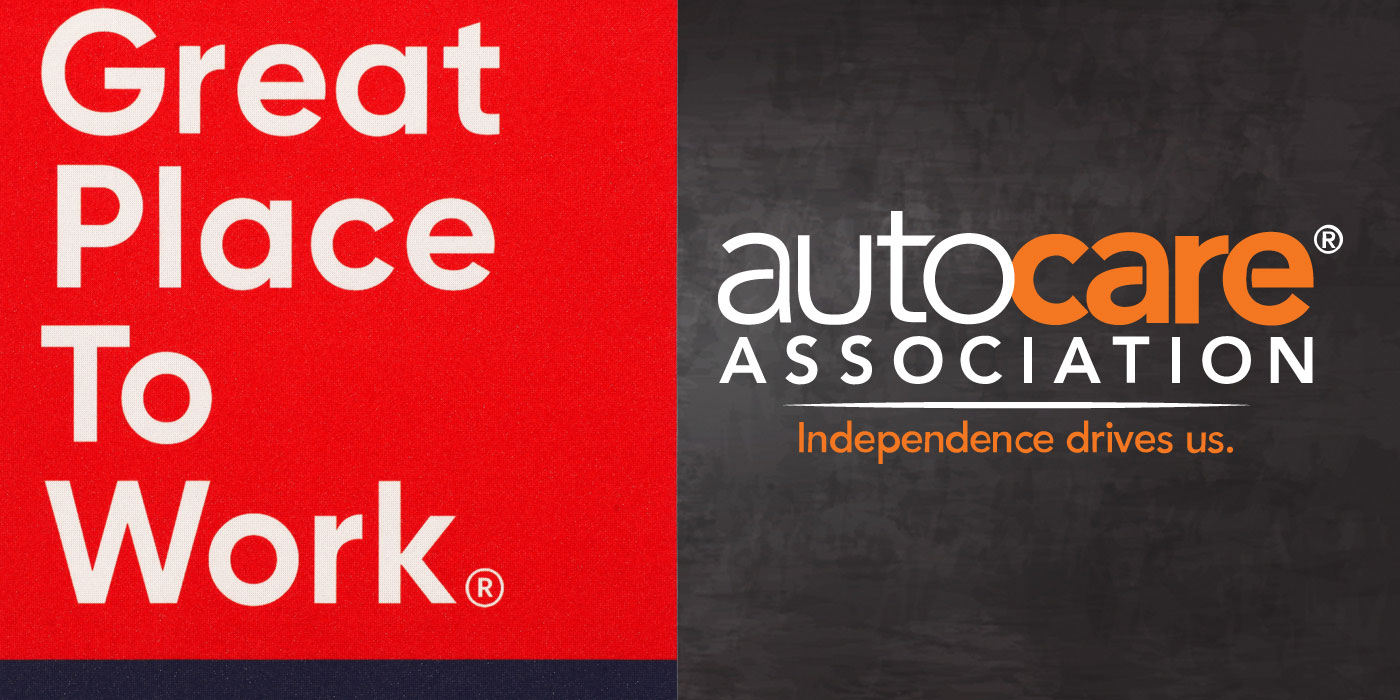Amy Antenora, editor of Counterman’s sister publication, aftermarketNews, sits down with Bill Maggs, CEO of National Pronto Association, and Rusty Bishop, CEO of Federated Auto Parts, in a joint interview that updates us on the status of their newly merged organization, Automotive Parts Services Group also known as “The Group.” The Group is rounding out its first year as a new organization, and in the interview, Bishop and Maggs share some of the lessons learned from the integration.
We’re closing in on the first year of the Automotive Parts Services Group (APSG), which was formed between your two longstanding organizations – National Pronto Association and Federated Auto Parts. Can you bring us up to speed on where “The Group” stands today?
Maggs: Yes. We have made great progress in identifying many opportunities for creating added value for our members and their customers and suppliers. Together, we have met with our boards and executive committees, full memberships and many supplier partners to develop action plans and priorities. We had to make sure this affiliation would be beneficial for both our memberships and that involved a lot of listening.
Bishop: That’s right. While we had a mandate to collaborate in a number of areas, as you know, the devil can be in the details. We wanted to make sure we had looked at every opportunity as well as all the obstacles to guarantee we would have the optimal strategies identified and the right plan moving forward. We are excited by our recent announcement of the APSG organizational structure. With a strong team led by Larry Pavey as CEO and Mike Mohler, Roy Kent and Murray Sullivan as executive vice presidents, we have taken the next step in the evolution of our association. These individuals are all dedicated to working on areas of mutual benefit for both Pronto and Federated as our new management team of The Group.
What have been the biggest lessons you have learned from the process thus far? What have been the biggest challenges?
Bishop: Well, we learned that both groups had many of the same challenges but were focused on different processes in many cases, so combining efforts created a much better value proposition for all constituents. As an example, Federated had invested a great deal in the Co-Man warehouse and e-cataloging while Pronto had focused an enormous amount of effort on national account programs and technology. Together, we were able to leverage the value for both members and suppliers.
Maggs: That’s right, and there were several areas where we had duplicated efforts and were able to better utilize our resources in other areas. This agreement has allowed us to develop a new shared training platform along with a new shared telematics program. These are just two examples of collaboration that will benefit both programs. The biggest challenge has probably been patience. There is great opportunity and we want to accomplish so much so fast. For instance, we would like to assemble our collective memberships for one meeting and also make it more efficient for our suppliers, but we have hotel contracts and other logistical issues to work through. There are many areas like the previous example where we would like to move faster, but we have to deal with the realities involved.
What has been the biggest benefit realized so far in this process? Were there any unexpected benefits that surprised you?
Maggs: The biggest benefit is knowing that we are able to make a difference for our members in so many areas. Pronto was always dedicated to serving our members and we know that forming The Group was an important step in making sure we are doing everything possible to prepare for the future. Federated had also invested heavily in its electronic catalog, so I feel really good about where we are headed together in this area.
Bishop: I agree with Bill that just knowing that our collaboration was going to benefit our members and their customers and suppliers was a great benefit. We were definitely excited by the national accounts benefit and how our combined footprint allows us to serve these important customers much better.
Will Pronto and Federated continue to be independent in terms of branding?
Bishop: Yes. We believe allowing our members to maintain their unique brands in the market allows us to serve all constituents best and provides for maximum opportunity.
Maggs: Exactly. Many of our members have invested heavily in promoting the group brand, Federated or Pronto, and our goal is to support this moving forward. The reality is that the benefits created by The Group will enhance the value of those brands in the market while allowing our members to maintain their own identity with their customers.
What are The Group’s specific goals in terms of geographic footprint?
Bishop: Certainly, with different brands and support capabilities, we can provide different solutions in different markets depending on the unique requirements of each. As the market becomes more global, we are ready to adapt to whatever may be required and recognize that we can all learn from each other.
Bill, can you talk a bit about the 1Parts initiative and the role this international organization plays in The Group?
Maggs: Well, as Rusty mentioned, much of it is a learning process. We recently had a group of ADI distributors from Europe visit with a number of our members here in the states to exchange ideas and processes. We are working together with a goal to leverage resources such as training, shop support, telematics and information technology in a global environment that can benefit all. The reality is the challenges facing technicians, shops and parts suppliers are not very different in most markets so as we move forward sharing our experiences and resources, it will only serve to make us all better.
With all the major consolidations happening, what does the distribution segment look like to you five years from now?
Bishop: There will be fewer players dealing with more complex inventory challenges and an enhanced need for technology and training to keep up with the ever-growing complexity of vehicles. In other words, the same challenges we have today only on steroids. It won’t get any easier for sure.
Maggs: Certainly we will see continued consolidation at all levels and the need for more information will become essential. The Internet will play a bigger role for communicating and e-commerce and the vehicle population will be more diverse in terms of age, model and nameplate. We think brands will remain important, as newer more technical components require greater trust and reliability. We anticipate that many of these trends will be favorable for our members and by working together we can make sure that the future is bright. That is really what this is all about.








